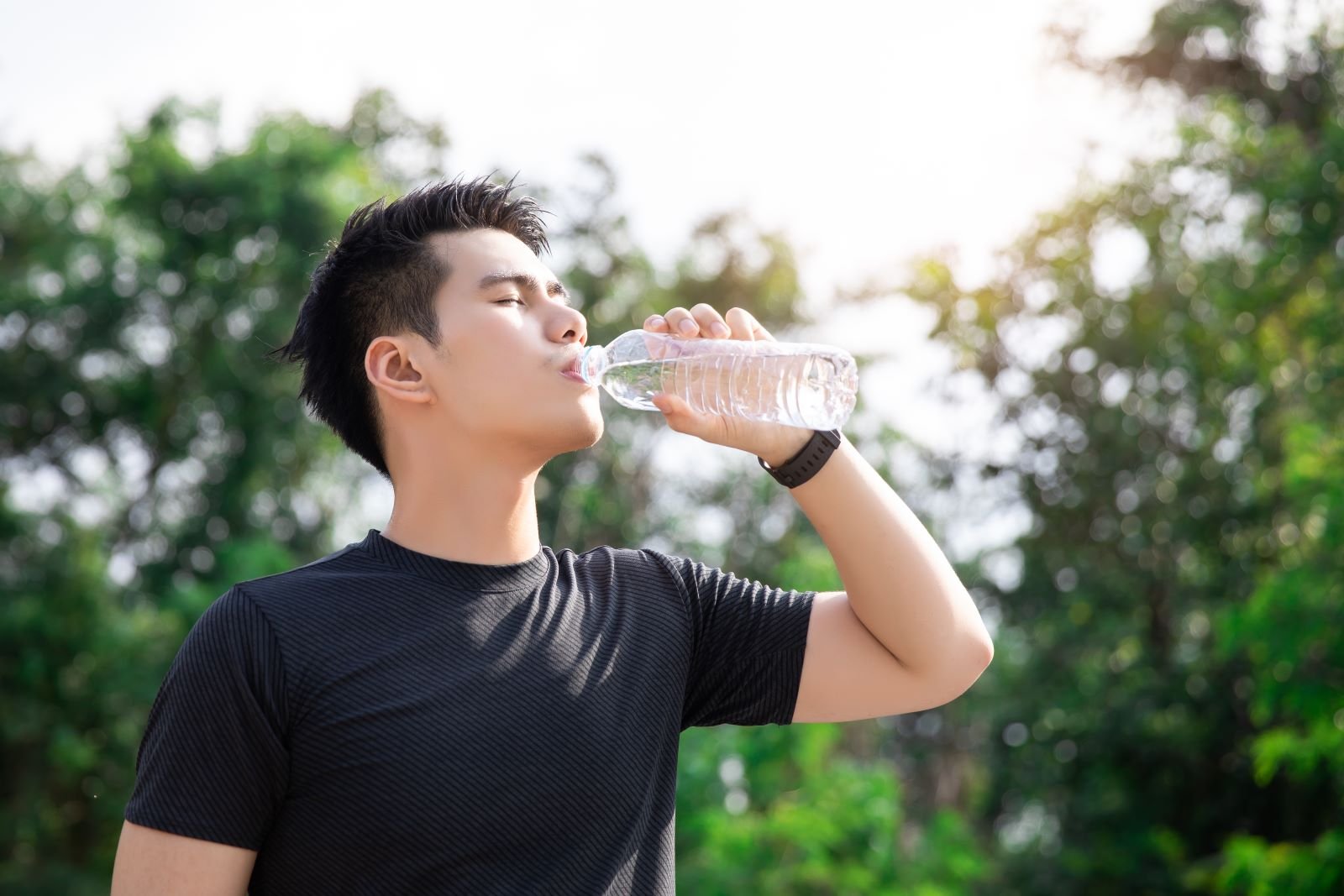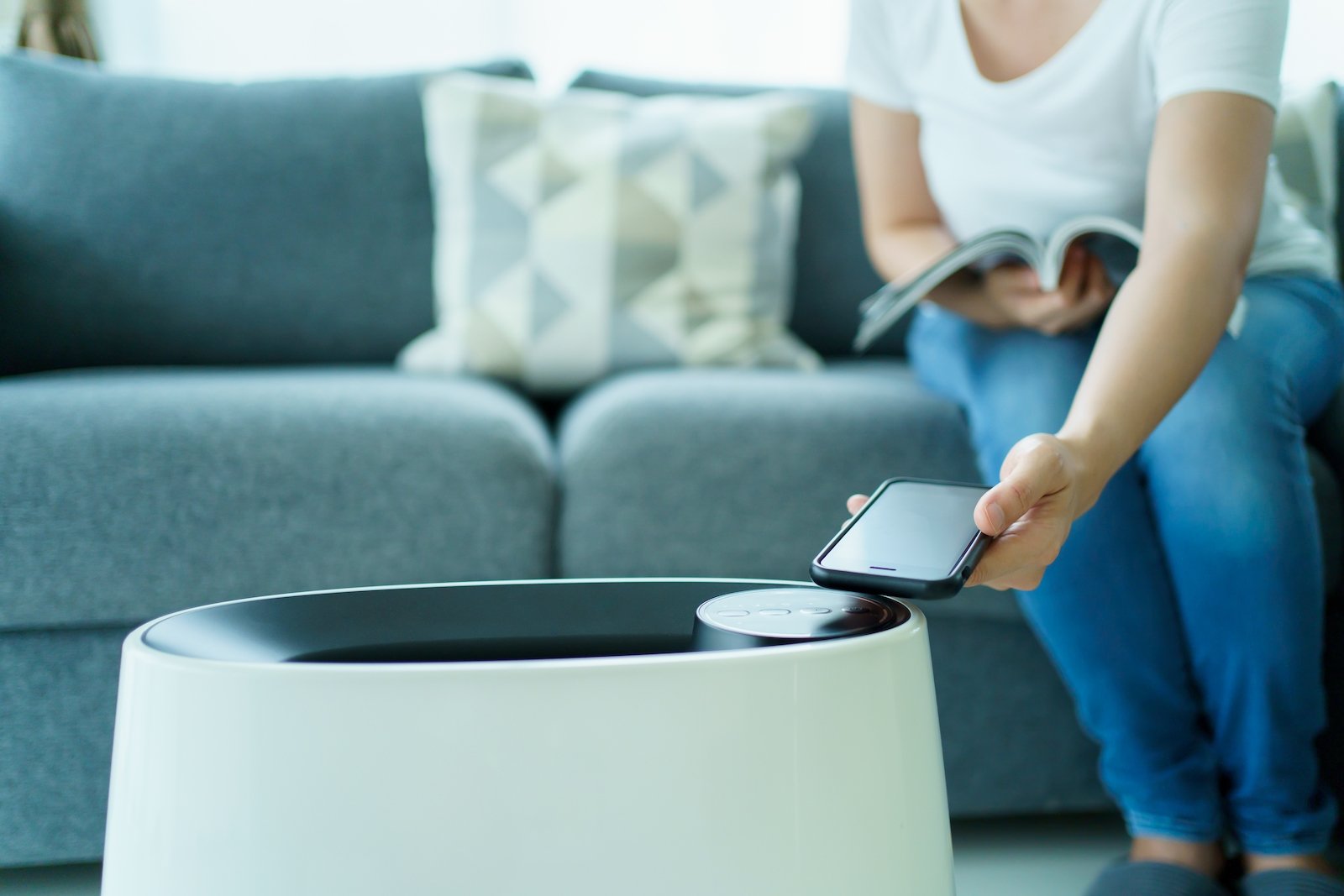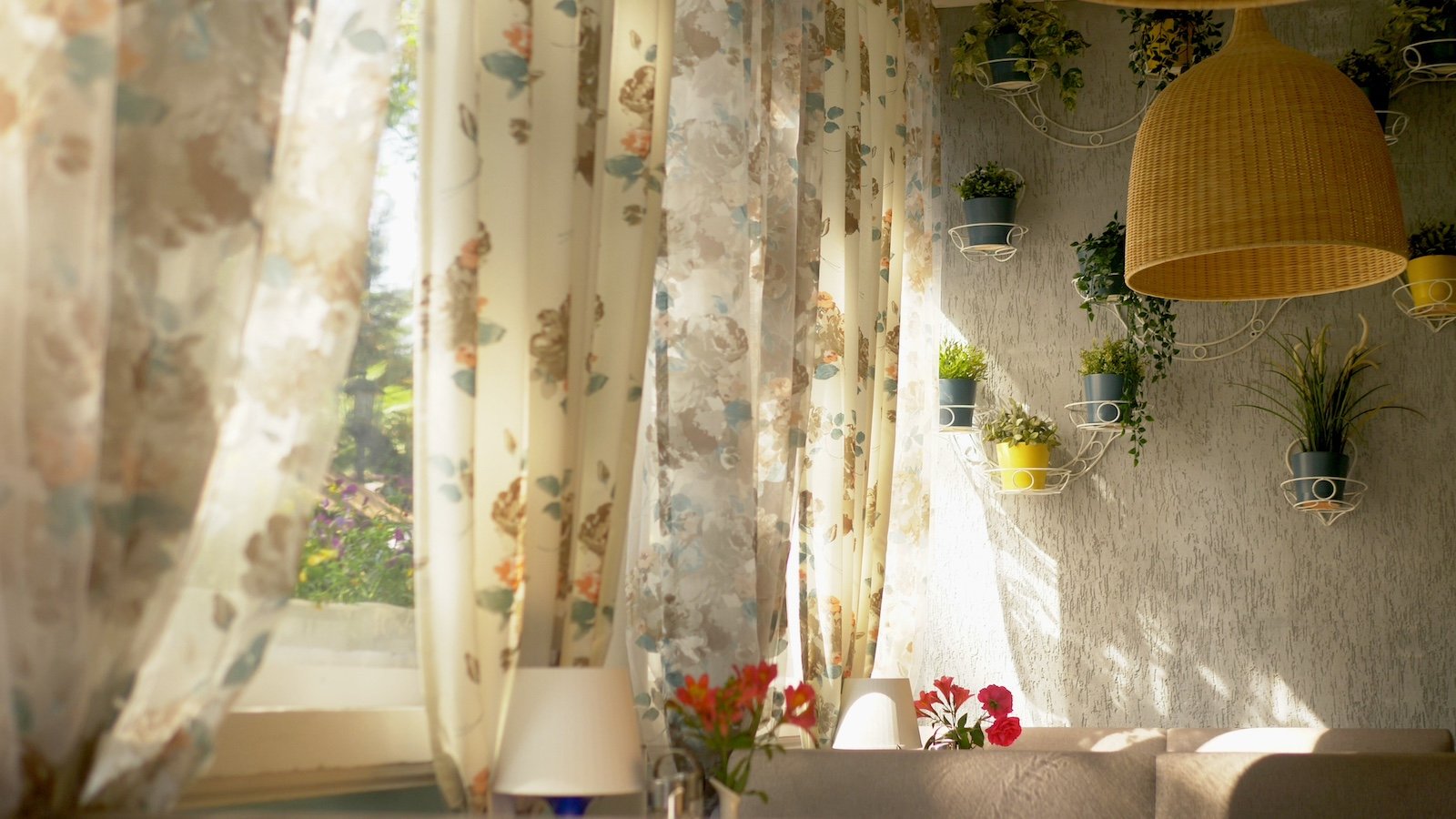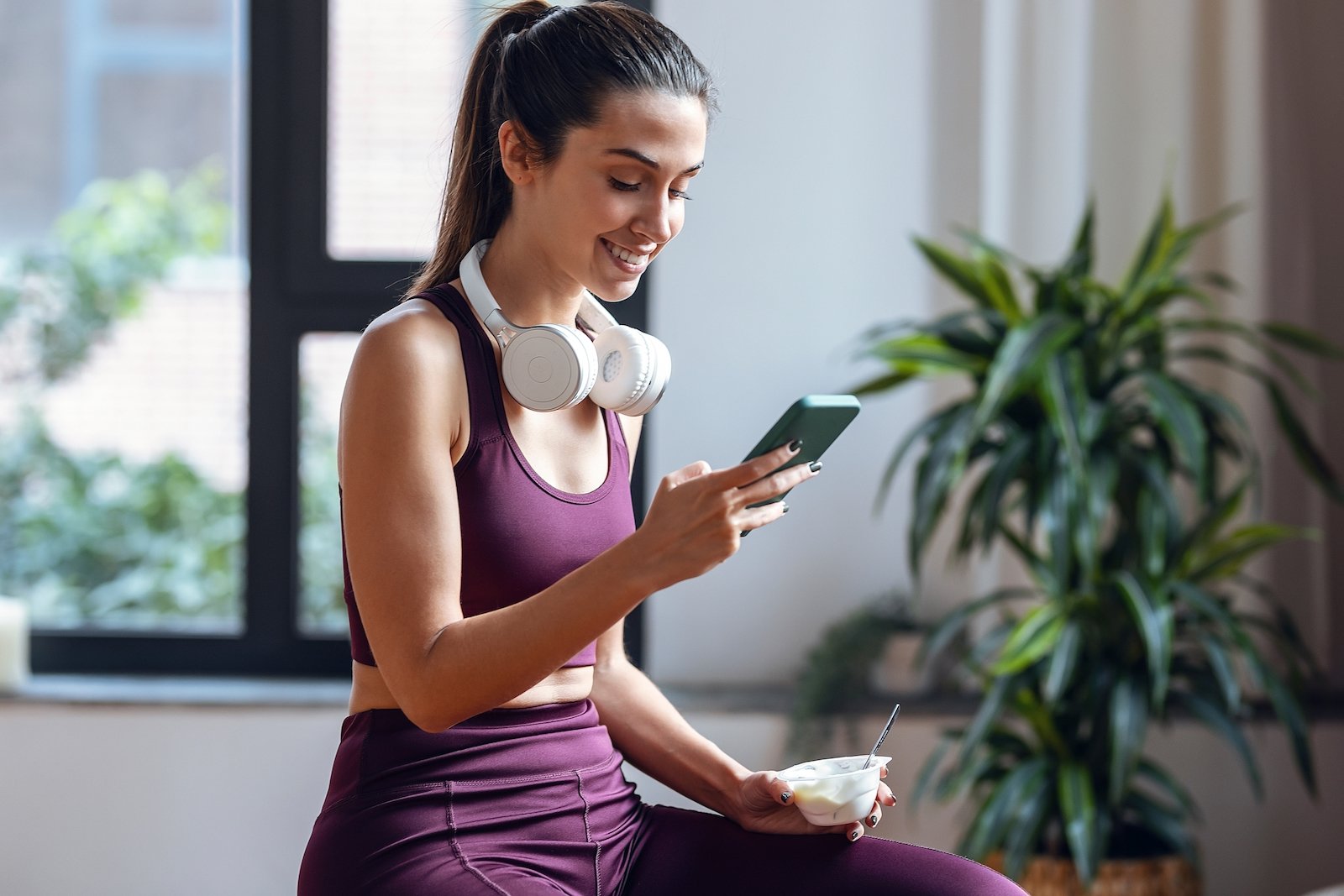A record-breaking heat wave broke out in the US in the summer of 2024, and many Americans endured intense heat. The National Oceanic and Atmospheric Administration announced approximately 20% of the total population is under excessive heat warnings. Researchers warn that the heat wave will continue to cause uncertain weather for years. Given this grave scenario, protecting yourself from the heat wave is mandatory. We have researched diverse online forums and gathered the 14 best ways to beat the heat wave this summer.
Hydration

It would help if you remained hydrated during a heat wave. Increase your intake if you’re sweating heavily or spending time outdoors. Try to stay away from unnecessary amounts of caffeine and alcohol, as those usually dehydrate your body. If you feel dizzy during strenuous activities, take immediate steps to rehydrate and cool down.
Stay Updated

Local newspapers, radio channels, and online forums are great sources for keeping yourself up-to-date on heat alerts and when the heatwave is going to be severe. When an alert is issued, ensure that you minimize exposure to extreme temperatures and plan minimal outdoor activities. This will also help you schedule your outdoor activities in cooler parts of the day.
Light Clothing

Choose lightweight, loose-fitting, light-colored clothing. Lightweight clothing allows air to circulate more freely around your body. Fabrics like cotton and linen are ideal because they are breathable and promote better airflow. Light-colored clothings reflect sunlight instead of absorbing it. Similarly, dark colors absorb more heat from the sun and can make you feel hotter. Avoid Synthetic materials like polyester or nylon.
Understanding The Symptoms

Knowing the signs and symptoms of heat-related ailments is essential to your safety. Heat exhaustion can cause heavy sweating, weakness, dizziness, and nausea. Look for symptoms like headaches, muscle cramps, and pale, clammy skin. If you experience these signs, move to a cooler place, hydrate, and rest. Spotting those symptoms early can save you from more severe situations like heatstroke, which require immediate medical attention.
Eat Light, Cool Foods

In extreme heat, it’s advisable to avoid heavy and hot meals that can raise your body temperature and add to your discomfort. Opt for light, hydrating foods instead. Fresh salads with vegetables like cucumbers and leafy greens offer hydration and essential nutrients without being too hard on your digestive system. Fruits like watermelon, cantaloupe, and berries are also refreshing and packed with water, helping you stay cool.
Take Cool Showers

Taking cool baths is an effective way to lower your body temperature quickly. The cool water helps disperse heat and provides immediate relief. For a more focused approach, apply a damp cloth, cool compress, or spray bottles to specific areas, like your forehead, neck, wrists, knees, and feet, to help manage your body temperature. These methods help cool down your body swiftly and effectively.
Create Cool Environments

A variety of cooling devices are used to manage indoor heat. Portable air conditioners efficiently cool individual rooms or smaller spaces, providing targeted relief. Cooling mats can be helpful for restful sleep or relaxation, as they help lower body temperature. Combining these devices with good ventilation and shading strategies can enhance the overall comfort of your home this summer.
Maintain Proper Ventilation

Let hot air escape to maintain good ventilation. Open windows to create cross-ventilation, allowing cooler air to enter and hot air to exit. Exhaust fans in the kitchen can improve airflow and remove excess heat and humidity. Proper ventilation helps keep your home cooler and can reduce the need for air conditioning, making your space more comfortable and energy-efficient.
Close Curtains in Rooms

Keep your curtains and blinds closed during the hottest parts of the day. Direct sunlight streaming through windows can significantly raise indoor temperatures. Opt for reflective or light-colored curtains, as these are particularly effective in minimizing heat absorption from the sun. Reflective materials bounce sunlight away, while light colors absorb less heat than darker hues.
Manage Your Energy Usage

During a heatwave, managing energy use can lower your cooling cost. Avoid using heat-producing appliances like ovens and stoves during the daytime. Turn off lights and unplug electronics that aren’t being used, as they can add extra heat. By reducing heat sources and conserving energy, you can make your cooling system more efficient.
Use Shade Wisely

Create shaded areas around your home with outdoor structures like pergolas, awnings, or shade sails. When spending time outside, protect yourself by using umbrellas, wide-brimmed hats, and long-sleeved shirts to block direct sunlight. You can reduce heat absorption using both natural and artificial shading methods. This combination of strategies helps keep outdoor spaces comfortable and reduces the risk of overheating.
Exercise Smart

To stay safe while exercising in extreme heat, schedule your workouts for early mornings or late evenings when it’s cooler. Drink plenty of water before, during, and after exercise, and opt for sports drinks if you’re exercising for a long time. Regular breaks in shaded areas or air-conditioned rooms can help you cool down. You can also use cooling methods like spray bottles to help manage your body temperature.
Check on Vulnerable Individuals

Check on family, neighbors, and friends who might be more affected by the heat, like the elderly, young children, and those with chronic health conditions. Ensure they have access to cool places. Offer help if needed and encourage them to avoid going outside during the hottest hours. When you keep an eye on those at higher risk, you prevent heat-related problems.
Escape to Cooling Facilities

Cooling facilities are open to offer relief to the masses from the extreme heat waves. Cities like Washington, Philadelphia, and Boston are among those providing cooling centers. These facilities have access to air conditioning and include places like public libraries, community centers, and senior facilities. Check local listings for specific locations and hours to find the nearest facility.


